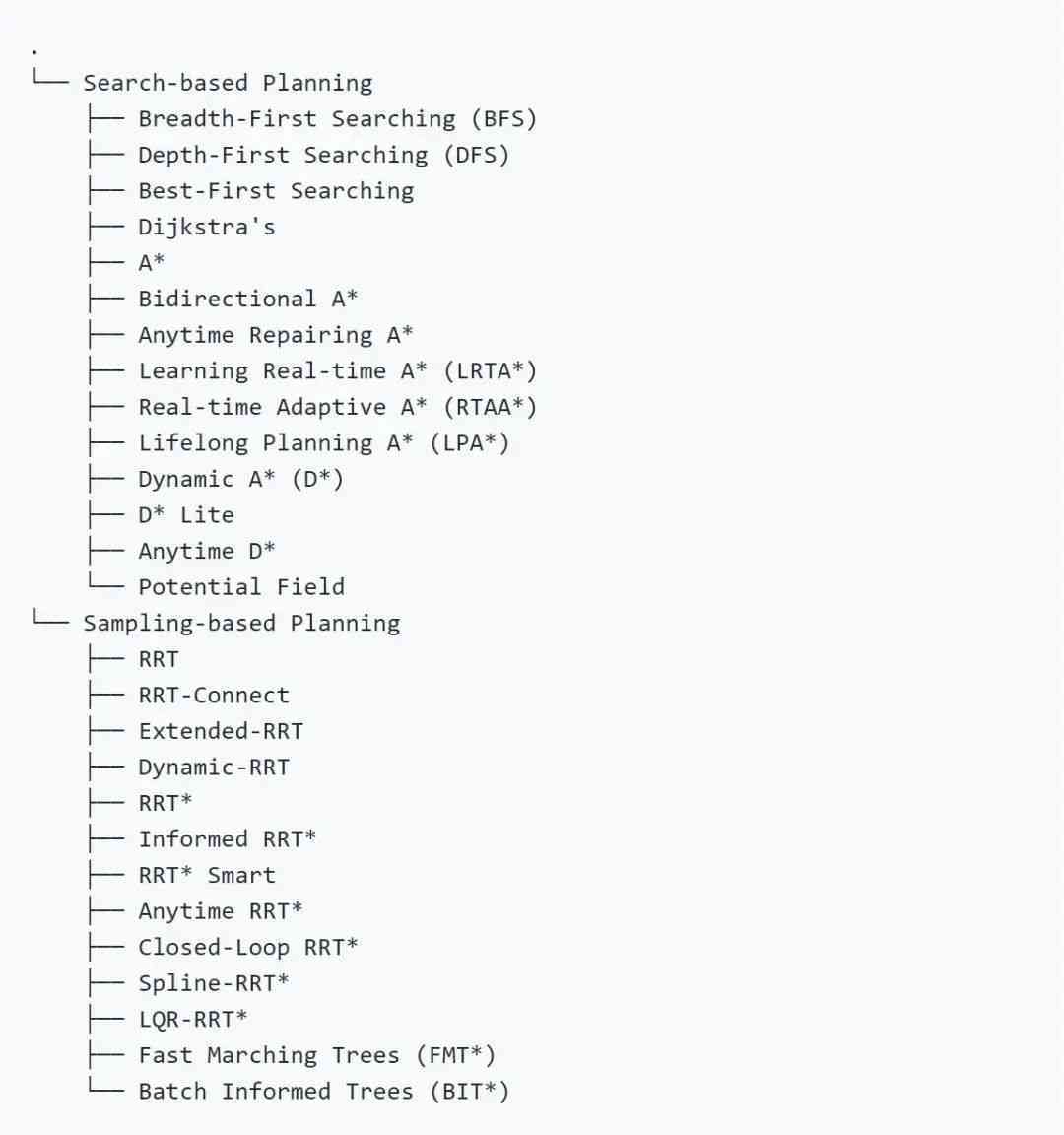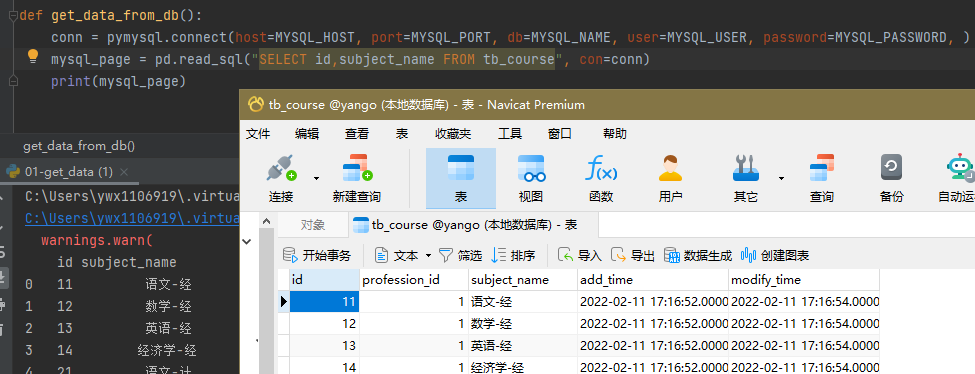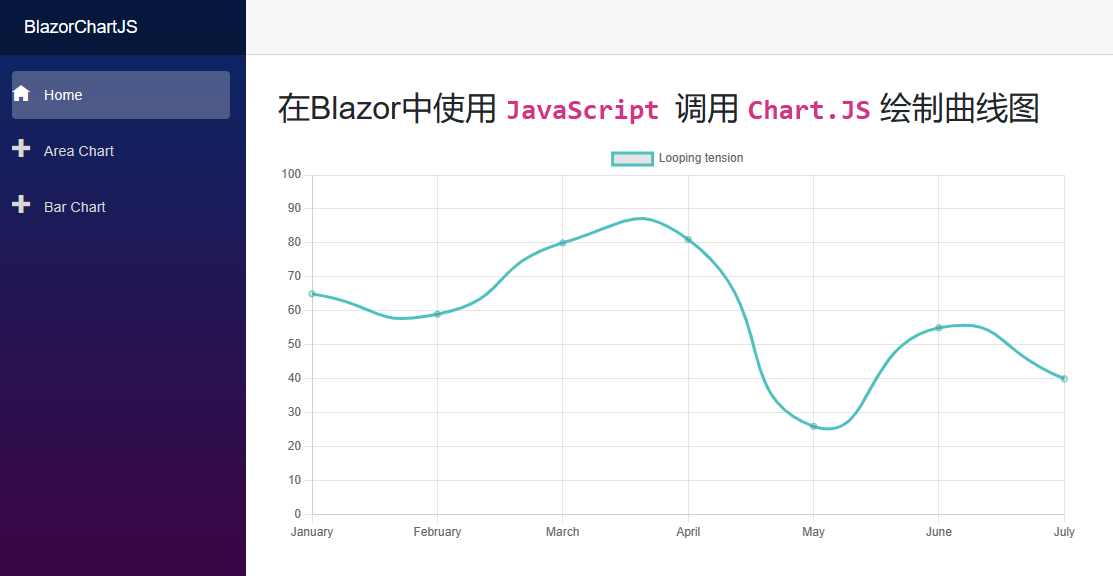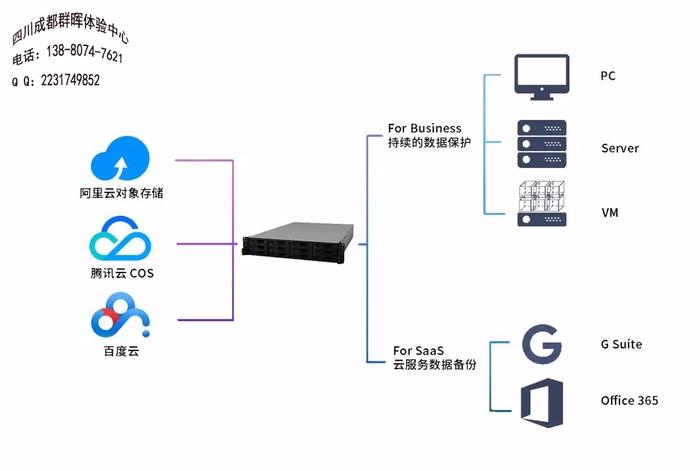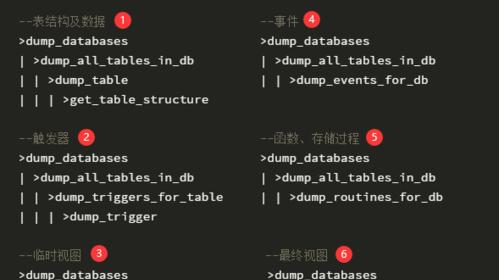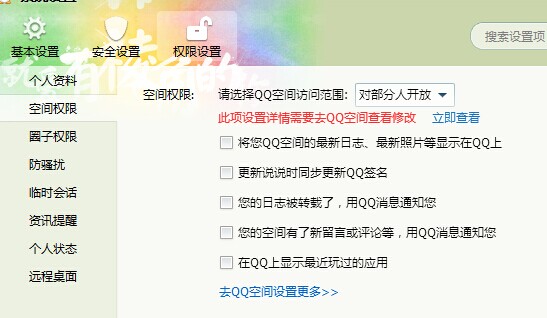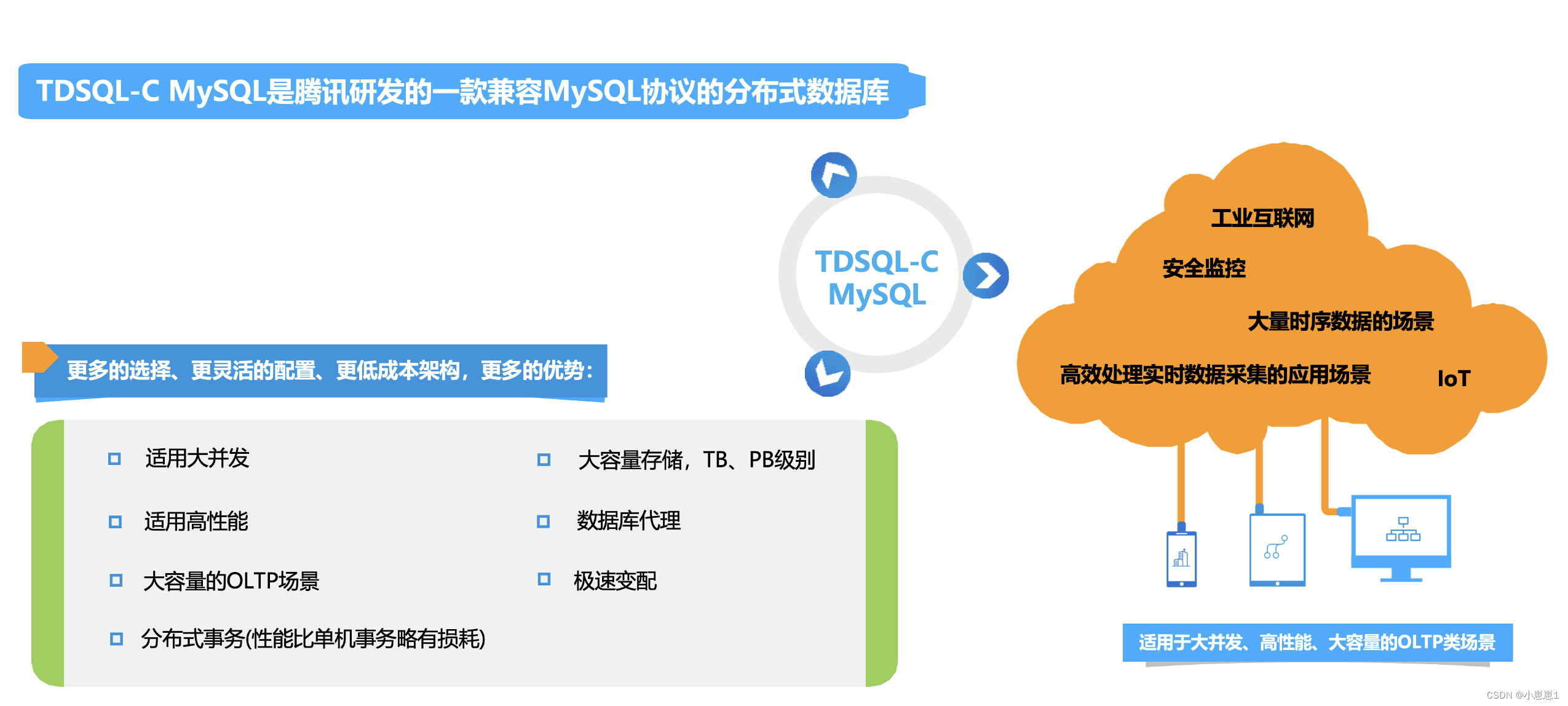从数据库中读取图片显示
- 行业动态
- 2025-04-05
- 6
从数据库中读取图片显示,通常需要先获取图片的二进制数据,然后将其转换为图像格式并显示。
在现代Web开发中,从数据库中读取图片并显示是一个常见的需求,这通常涉及到后端从数据库获取图片数据,然后通过HTTP响应发送给前端,最后由前端进行显示,以下是实现这一功能的详细步骤和示例代码。
数据库设计
我们需要一个存储图片的数据库表,假设我们使用MySQL数据库,表结构可能如下:
| 字段名 | 类型 | 说明 |
| id | INT | 主键,自增 |
| image_name | VARCHAR(255) | 图片名称 |
| image_data | LONGBLOB | 图片二进制数据 |
| uploaded_at | TIMESTAMP | 上传时间 |
2. 后端实现(以Node.js和Express为例)
在后端,我们需要编写代码来处理从数据库读取图片并返回给客户端的逻辑。
a. 连接数据库
确保你已经安装了mysql和express包:
npm install mysql express
创建一个文件server.js,设置数据库连接:
const mysql = require('mysql');
const express = require('express');
const app = express();
const port = 3000;
const db = mysql.createConnection({
host: 'localhost',
user: 'yourusername',
password: 'yourpassword',
database: 'yourdatabase'
});
db.connect((err) => {
if (err) {
throw err;
}
console.log('Connected to the database.');
});
b. 获取图片数据
添加一个路由来处理获取图片的请求:
app.get('/image/:id', (req, res) => {
const imageId = req.params.id;
db.query('SELECT image_data FROM images WHERE id = ?', [imageId], (err, results) => {
if (err) {
res.status(500).send('Database query failed.');
return;
}
if (results.length === 0) {
res.status(404).send('Image not found.');
return;
}
// 设置响应头以指示内容类型为图片
res.writeHead(200, { 'Content-Type': 'image/jpeg' });
res.end(results[0].image_data);
});
});
c. 启动服务器
启动服务器:
app.listen(port, () => {
console.log(Server is running on http://localhost:${port});
});
3. 前端实现(HTML + JavaScript)
在前端,我们可以通过简单的HTML和JavaScript来显示图片。
a. HTML部分
创建一个文件index.html:
<!DOCTYPE html> <html lang="en"> <head> <meta charset="UTF-8"> <title>Display Image</title> </head> <body> <img id="image" src="" alt="Image will appear here"> <script src="script.js"></script> </body> </html>
b. JavaScript部分
在script.js文件中,添加以下代码:
document.addEventListener('DOMContentLoaded', () => {
fetch('/image/1') // 假设我们要获取ID为1的图片
.then(response => response.blob())
.then(blob => {
const urlCreator = window.URL || window.webkitURL;
const imageUrl = urlCreator.createObjectURL(blob);
document.getElementById('image').src = imageUrl;
})
.catch(error => console.error('Error loading the image:', error));
});
FAQs
Q1: 如果图片是PNG格式而不是JPEG,应该如何修改代码?
A1: 你只需要将后端设置响应头的Content-Type改为image/png即可。
res.writeHead(200, { 'Content-Type': 'image/png' });
确保前端的fetch请求正确处理PNG格式的图片。
Q2: 如果需要处理大量图片请求,性能如何优化?
A2: 对于大量图片请求,可以考虑以下几点优化:
缓存机制:利用浏览器缓存或CDN缓存静态资源。
异步加载:使用懒加载技术,仅在需要时加载图片。
数据库优化:确保数据库索引优化,查询高效。
负载均衡:使用多台服务器分担请求压力。
压缩图片:在上传时对图片进行压缩,减少存储和传输成本。




